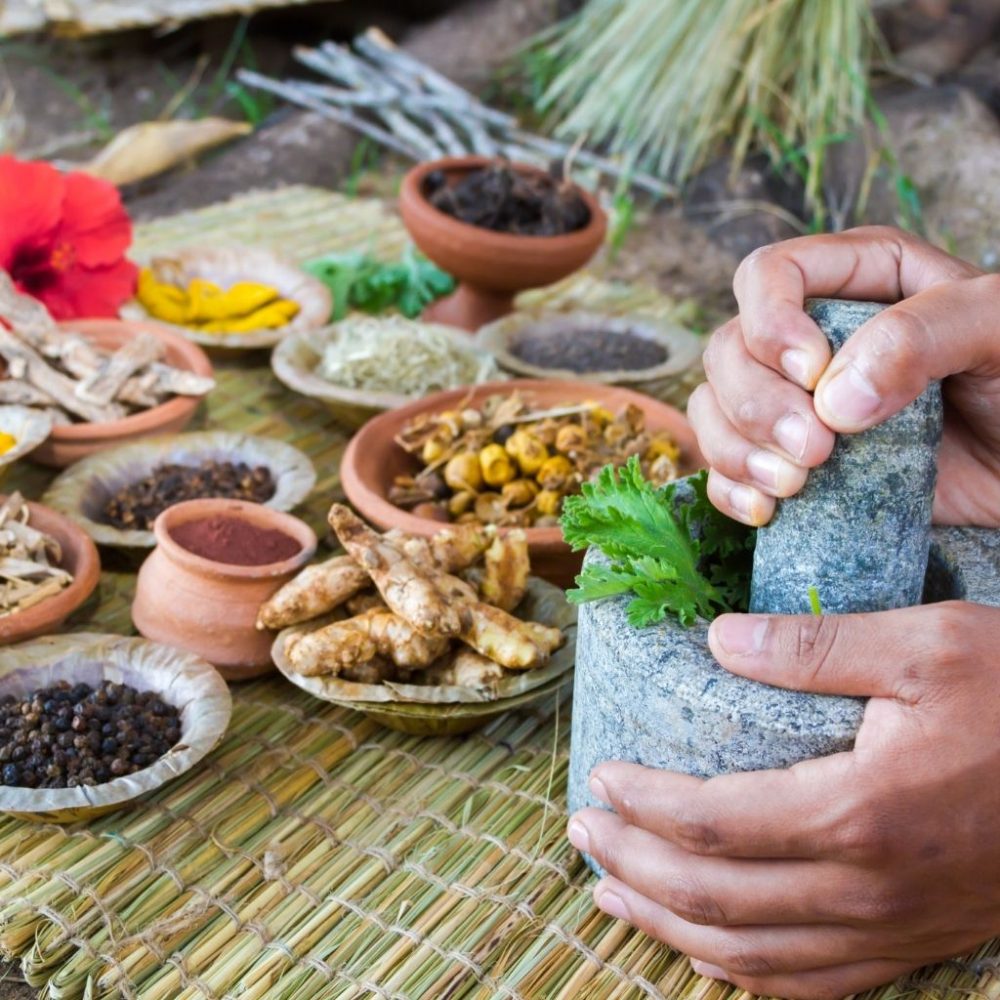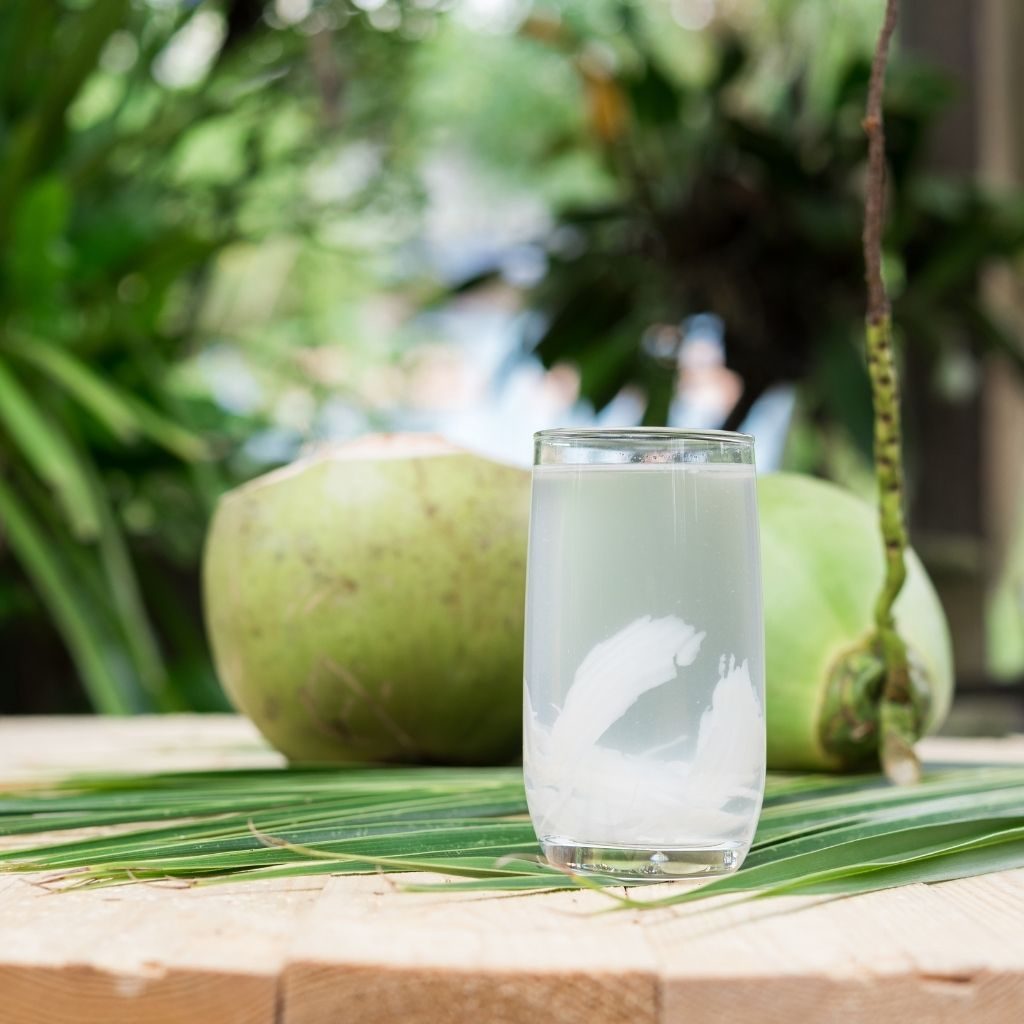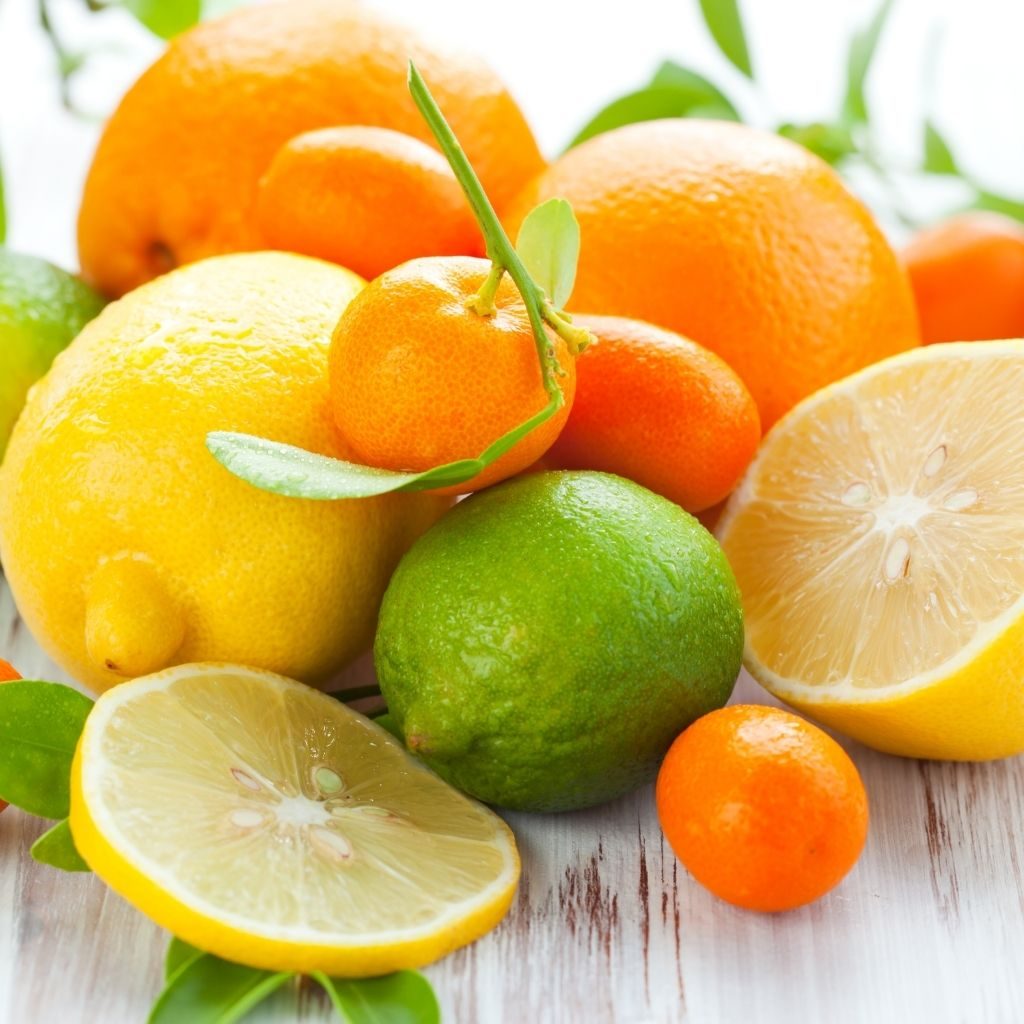Is Ayurvedic Medicine Effective for Kidney Stones?
Kidney stones represent an ailment that is amongst the most common in the world.
10 to 12% of the population of developed countries is affected by them. They are formed when minerals and waste that are found in the urine accumulate.
These acclimations crystallize into stones that can be as small as a pinhead or as big as a grapefruit.

Bigger Kidney stones sometimes clog the urinary pathway causing severe discomfort and bleeding as well as stopping urine flow.
Generally speaking, they either pass on their own or require medical or surgical intervention.
However, other alternative methods can help in a more natural way.
The ancient Indian medical system, also known as Ayurveda, adopts a holistic approach that strengthens and treats the body, mind, and spirit. Through blood purification, massages, herbs, and oils, an Ayurvedic practitioner can help ease the painful symptoms of kidney stones and aid in passing them altogether.
There are some Ayurvedic medicine practices that you can take up to help shield you or treat kidney stones.
Let’s go in-depth into the world of Ayurveda and its relation to kidney stones!
What’s the Ayurvedic medicine approach to kidney stones?
Ayurvedic medicine, an ancient Indian alternative medicine, has its own unique approach to treating most ailments. It does not fight diseases but rather strengthens the body in combating them.
Let’s get into detail!
What is Ayurvedic medicine?
Ayurvedic medicine is a whole-body healing system that has been around for more than 3,000 years, that aims to create a balance in the body that promotes health and wellness.
That’s why its approach is unique.
What is its main goal?
Ayurvedic treatments are primarily natural products that are derived from plants.
Its primary approach is encouraging a lifestyle that guards the body against diseases through diet, exercise, and healthier habits.
How does it treat kidney stones?
In Ayurveda, kidney stones are known as VrukkaAshmari, with vrukka meaning kidney and ashmari meaning stone.
Ayurveda treats each case of kidney stone with its own individual customized remedies because every person is different.
But there is a specific methodology to follow that includes:
1. Beginning at the source of the problem
Most traditional treatment methods work on momentary solutions. Ayurveda begins the treatment process at the source of the issue.
It detoxes and supports the body, so it responds better to any Ayurvedic treatment.
2. A holistic approach
Developing kidney stones in the body means there is a disturbance in the body’s balance.
To restore this balance, Ayurvedic medicine works on healing three facets: body, mind, and spirit.
By creating a well-rounded therapeutic lifestyle, Ayurveda attempts to treat exciting diseases, increase the efficiency of that treatment, and sustain healthier habits.
3. Shields against ailments
As a result of a healthier lifestyle, the body, mind, and spirit are better equipped to fight any arising ailments.
Ayurvedic medicine significantly decreases the risks of health problems recurring after treatment.
That’s because it locates theme problems and fixes them, which stops them from happening again.
Wanna know more? 👉 Here What is Ayurvedic Medicine? (Focus on Diet and Digestion)

Which is the best Ayurvedic medicine for kidney stones?
Ayurvedic medicine takes on a natural approach that helps pass the stones without much intervention.
Things like moong, coconut flower, and banana tree trunk are just some of the suggested Ayurvedic treatments out there.
Here are some of these remedies:
Horse gram
Ayurvedic medicine depends on horse gram for a lot of its treatments.
It is a legume typically produced for horse feed but is used as human food in some parts of Southeast Asia.
It is rich in essential nutrients like protein, calcium, phosphorus, and iron, so it has fantastic health benefits.
It dissolves kidney stones and allows them to pass through your urine.
Lemon juice
Citrus, in general, including lemon juice, aids in the breaking down of stones.
Olive oil works as a lubricant, allowing them to pass more quickly.
The mixture of lemon juice and olive oil may seem strange, yet it is a highly efficient Ayurvedic kidney stone remedy.
Coconut water
Coconut is one of the most diverse and beneficial fruits out there.
Its water, in specific, is massively valuable to one’s health, especially for people suffering from kidney stones.
It is an effective Ayurvedic kidney stone treatment that dissolves the stones and passes them out through urine.
Basil juice
Basil infused with water is an excellent Ayurvedic treatment for kidney stones.
Not only does it keep the body hydrated, but it also helps dissolve minerals that pile up to form kidney stones.
It is recommended for people suffering from digestion problems.
By infusing basil with water, you detox your body and get rid of waste more frequently, so your body remains healthy and toxin-free.
Drinking basil juice helps you maintain a balance in your body between hydration, minerals, and uric acid.
Okra
Okra is highly beneficial since it is full of magnesium and other nutrients.
It is a powerful antioxidant and anti-inflammatory vegetable, which helps to maintain kidneys in tip-top shape.
Ayurvedic medicine uses okra in the treatment of kidney stones.
Before trying any of these treatments or introducing them to your diet regularly, be sure to consult a doctor.
Some kidney stone treatments are more effective than others, so you should ensure you are getting the maximum benefit without any side effects from these natural treatments.

What dissolves kidney stones fast?
A lot of people turn to natural remedies when they acquire kidney stones because of their effectiveness.
There are some ways to get rid of these stones through medical and Ayurvedic methods such as:
Drinking lots of water
We have already told you the power of detoxing your body through drinking a lot of basil juice with water.
But a more direct way to face kidney stones is by drinking plenty of water throughout your day, with basil juice or not.
The frequent urination caused by the increase in water intake can help pass existing stones, stop new ones from increasing in size, or prevent them from forming.
Consuming apple cider vinegar
The phosphoric, citric, and acetic acid present in apple cider vinegar make it remarkably beneficial to removing kidney stones.
By regularly consuming it, you can reduce, soften, and break down kidney stones little by little until it passes through the urinary tract altogether.
By having apple cider vinegar every once and a while, you also expel many toxins out of your body which reduces the risk of kidney stones forming in the first place.
Consulting your doctor before trying this remedy or others yourself is highly recommended to ensure you are safe and secure from any harmful reactions or side effects.

What foods are bad for kidney stones?
If you previously had kidney stones before or are suffering from them at the moment, you can instantly start altering your diet to avoid certain foods and drinks.
Here are some specific foods that need to decrease in your diet right away:
Animal protein
A lot of animal protein in your diet can be risky.
Red meat, poultry, eggs, and seafood raise uric acid levels, which puts you at risk of kidney stones.
It also lowers urinary citrate levels, which effectively puts a stop to stone formation.
Limit your regular meat consumption if you’re susceptible to stones.
Sugar and syrups
A large intake of sugar can provoke kidney stones, particularly added sugars and syrups that are present in processed foods and beverages. Sucrose and fructose can significantly raise your risk of kidney stones.
Foods like cake, soft drinks, corn syrup, honey, agave nectar, and cane sugar should be extremely limited in your diet.
Not to mention the harmful effects of drinking soda which is high in phosphate.
This chemical can boost your chances of getting kidney stones, so it is to be avoided at all costs.
Too much sodium
Too much sodium intake can induce kidney stones since it has a massive influence on the amount of calcium in your urine.
For people who are prone to stone formation, a low-sodium diet is suggested.
Oxalates
Oxalates are produced as waste by the body.
It should typically leave the body through urine. But the surprise is that these compounds are present in some of the food we eat.
Having too many oxalates in your day-to-day diet may result in the formation of kidney stones.
Beans, beets, chocolate, spinach, rhubarb, tea, swiss chard, sweet potatoes, and almonds are all high in oxalate, so they should be limited in your diet.
Your doctor should advise you on which foods to avoid or consume in which amounts to lead to a healthy and balanced nutrition plan.

What is the best fruit for kidney stones?
Lemons, oranges, and grapefruit are all excellent sources of citrus and citrate, which help prevent kidney stones.
But the key here is balance.
A holistic diet that could or could not be plant-based is the best course of action.
You can start including fruits, vegetables, and nuts, in addition to low-fat dairy products and whole grains, in your diet.
However, salt, red meats, sweetened drinks, and processed food are to be avoided. Following a similar diet can shield you from kidney stones.
You may also like 👉 Can Overweight People Practice Ashtanga?
Conclusion
Kidney stones are usually an excruciatingly painful condition that is quite common.
Your lifestyle plays a massive role in eliminating and preventing kidney stones. So following a healthier Ayurvedic lifestyle which includes a better diet, can help you avoid or combat this condition.
Actions like avoiding meat, lowering sodium intake, and consuming too many oxalates can help you stay protected.
But staying hydrated remains the most critical part of the prevention and treatment of kidney stones.
You may also like 👉 Does Ashtanga Yoga Help You Lose Weight?

